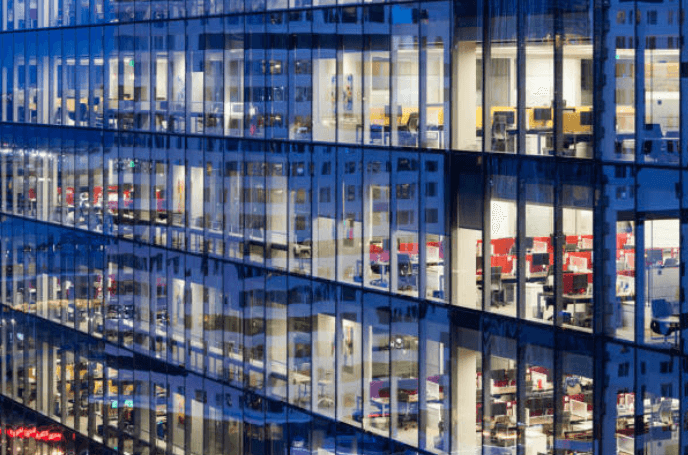Boston-Area Employers Share Return-to-Office Plans
More than a year since the COVID-19 pandemic forced the shutdown of businesses worldwide, many employers remain uncertain about when employees will return to the office full time. A recent survey of more than a dozen major Boston employers reveals that many have pushed back return-to-office plans until much later this year. Even as vaccine distributions are ramping up, many employers remain cautious about bringing all employees together again under one roof just yet. Employers in the survey employ more than 400,000 people across Greater Boston, and their responses suggest that it’ll be some time before things return to normal for office workers – if they ever do.

In January, demand for office space across the Boston area was lower than in previous years. Momentum has yet to pick up, and it is unclear when things will improve. Quarter over quarter, demand for Boston offices is down by 21%; year over year, demand is down by 67%. Some big employers have already taken steps to reduce their office footprints drastically. Raytheon Technologies, for example, recently announced that it would shed millions of square feet of unneeded office space – partly because of the pandemic and partly because of its recent merger with United Technologies Corp.
Even as many millions of square feet of office space remain unoccupied across the city, several additional office projects are currently proposed or underway. These include a 23-story office tower in Downtown Crossing, 401 Congress Street in the Seaport and the $1.3 billion Winthrop Center development. Many prominent local employers, including Tufts Health Plan, State Street Corp. and Sanofi, have been devoting vast amounts of time, energy, and money to developing new headquarters buildings in the area. This suggests that the glut of unused office space could be even more significant than anticipated in the months to come.
To understand the different ways that major Boston employers are grappling with return-to-office plans, here’s a quick rundown of what a few of them said:
- Dell – The computer company, which employs around 7,400 people locally, has allowed remote working for more than 10 years. Currently, approximately 90% of its workforce works remotely. Dell uses a data-driven risk-assessment tool, Inversed Risk Matrix, to inform decisions about bringing employees back to the office. However, the company stated that it predicts a hybrid model going forward. It expects about 60% of its workforce to remain remote indefinitely.
- Raytheon Technologies Corp. – As mentioned above, Raytheon, a defense contractor, recently completed a merger with United Technologies Corp. When combined with shutdowns from the pandemic, the company, which employs around 14,500 people, has decided to slash its office footprint. Initially, it was going to reduce it by about 10%, or 3 million square feet. Now, it says it will drop 25% of its office space, and it will shed around 1.6 million square feet by the end of 2021.
- Mass General Brigham – Currently, approximately 30% of the company’s 74,000 employees work remotely full-time or under a hybrid model. Mass General will continue with this arrangement through at least June 30th, and it has no firm plans for when and how it will bring employees back to the office.
- State Street Corp. – Around 90% of State Street’s approximately 10,000 employees now work remotely. However, the employer expects to bring the majority of them back to the office by September 2021. Most employees will return to a hybrid model, which will incorporate in-person office time and remote working. The company says it is reconsidering current office design models and is looking into creating an office that acts more as a “mesh point” for meaningful interactions.
- Beth Israel Lahey Health – Approximately 10,000 of Beth Israel’s 27,100 employees currently work remotely. The company says it doesn’t plan to return any to the office until at least July 15th.
- Stop and Shop Supermarket Co. LLC – Most of the 23,600 employees at the company’s Quincy headquarters have been working remotely for more than a year, and the company has no plans to change that anytime soon.
As you can see, employers are all over the place when it comes to bringing workers back to the office. Therefore, there’s no way to predict when Boston’s office space market will go into true recovery mode.
